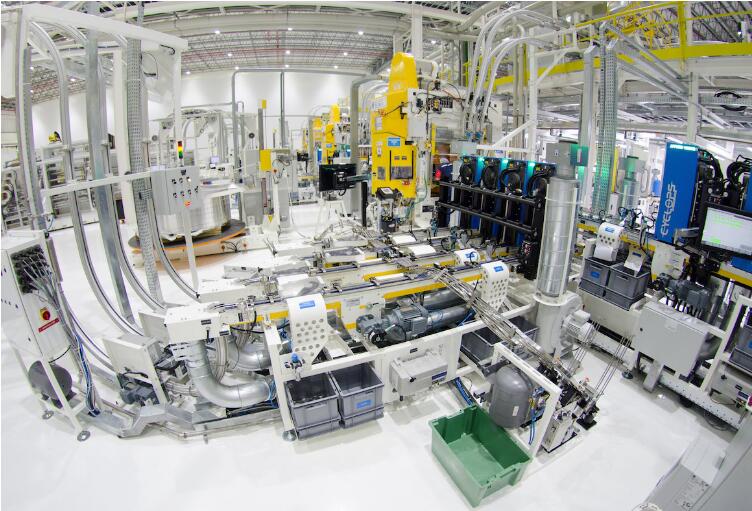
Abralatas is upbeat about the beverage can market Brazil, the trade organisation told The Canmaker at LatamCan in Mexico City, which returned following its post-Covid revival in Sao Paulo last year.
Manufacturers of two-piece and three-piece cans along with more than 100 suppliers met from 12-14 July at the Hilton Mexico City Reforma to discuss the latest technologies and trends within the industry’s various sectors.
One of the main talking points amongst attendees was the slower shipments of cans in the region’s biggest market: Brazil.
The downward trend started last year, when beverage can sales fell for the first time in five years, as reported by Abralatas, the trade body that represents domestic beverage can manufacturers.
As demand petered out, Ball announced the mothballing of a production line at the Pouso Alegre unit and the closure of its newest plant, located in Frutal, Minas Gerais, which resumed production at the beginning of July.
Canpack, which operates four can and end plants in Brazil, is also said to have briefly stopped local production earlier this year.
Abralatas executive president Cátilo Cândido told The Canmaker that the reopening of plants and lines is definitely a positive sign towards a recovery. “We are living a tough moment. This cycle has brought unexpected difficulties, but we continue our efforts to regain the space we got during the pandemic,” said Cândido.
He added that the current business climate is a reflection of wider macroeconomic conditions, which have affected several industries globally, in addition to Brazil’s traditional preference for glass beer bottles – a trend that has picked up with the reopening of bars and entertainment venues.
“The pandemic gave us an opportunity to better structure the industry so we could have capacity to supply cans for other products such as water. We are ready for it,” Cândido added.
He highlighted that ten years ago in Brazil there were only eight types of products being packed in cans, while the number now exceeds 20.
“The manufacturing capacity we currently have allows us to serve the Brazilian market really well. We are confident that brand owners will continue to switch to cans in line with their environmental commitments. We have a competitive edge in the sustainability front.”
He revealed that for the past five years Abralatas has been lobbying for a tax reform that recognises companies’ sustainability efforts by awarding a tax relief to those with a better ESG performance. “This is the beginning of what could be Brazil’s transformation into a green economy case study.”
Cândido reinforced Abralatas’ positive outlook on the remainder of 2023, highlighting that the domestic market usually performs well in the second half of the year due to events such as New Year’s Eve.
“The economy is very unstable and it is hard to predict how the year will close right now, but we expect things to improve from August.”